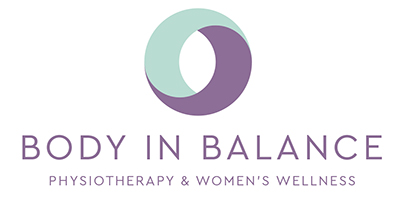Pre breast cancer treatment/surgery
Breast cancer treatment can be demanding and the more prepared you are for this the more able you are to tolerate the treatments.
Physiotherapy can help to prepare a woman for breast cancer treatments physically, mentally and practically offering advice, guidance on exercise regimes and strategies to help offset some of the side effects of cancer treatments.
During and after breast cancer treatment
Exercise is fundamental for living well during and after breast cancer treatment. But do you want to know what is the right type of exercise ? What’s too much ? Not enough ?
Do you want to know more about what foods are better to eat ? What foods to avoid ?
Do you want to know more about the common problems women face after breast cancer and what you can do about them ?
Physiotherapy can help you to…
- Learn how treatments for breast cancer – surgery, chemotherapy, radiation and hormonal therapies – affect women and how you can manage and move beyond these side effects.
- Improve scars with scar work therapy at both the breast and donor sites after reconstruction, which helps to decrease pain and improve function.
- Understand the side effects of treatments and help in the management of:
- Chemotherapy – peripheral neuropathies, digestive function, cardiotoxicity, bone health, cognitive dysfunction and cancer related fatigue
- Radiation – progressive fibrosis, fatigue, shoulder issues
- Hormonal therapies – muscle/joint issues, menopausal symptoms and sleep disruption.
- Understand how the lymphatic system is affected by breast cancer surgery and radiation, offering strategies to optimise the lymphatic system & reduce the risk for lymphedema & ensure we monitor for any signs that the lymphatic system is becoming stressed.
- Understand how pelvic health is affected by breast cancer treatment – both from surgery and from chemo/hormonal therapies, and consider bladder issues, bowel dysfunctions and sexual health.
- Support you by recommending different exercise strategies and different progressions at different stages of treatment and recovery
- Offer strategies to help manage stress during this difficult time.
- How to enhance your bowel health and understand the benefits of avoiding constipation.

